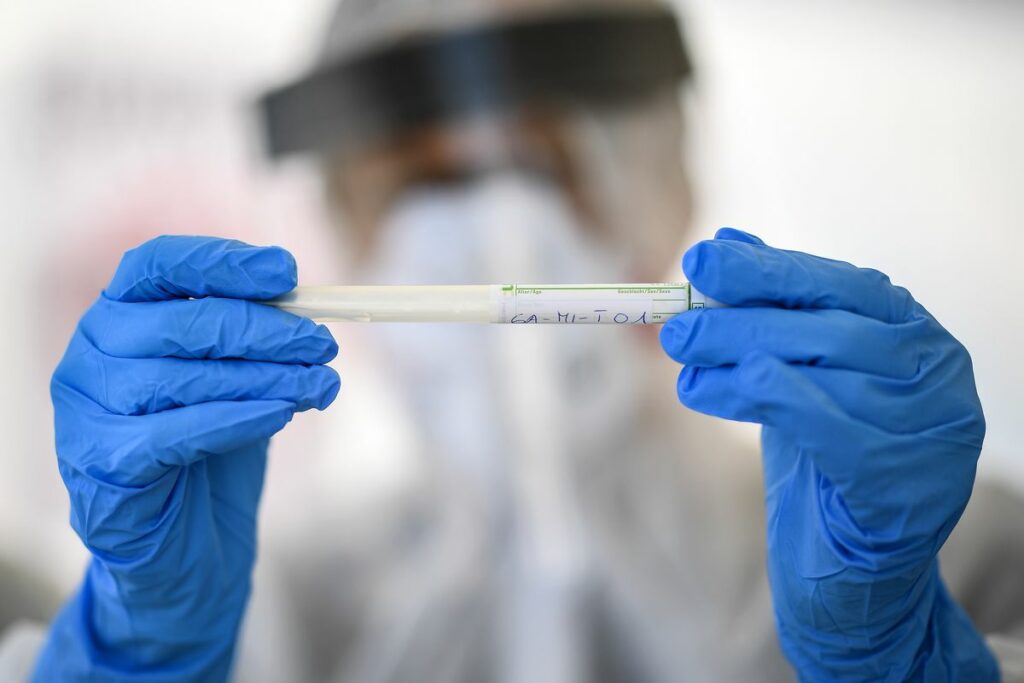Experts are racing across the globe to develop an agent that might stop the coronavirus pandemic, which has infected 2.5 million people in the last four months.

With research already underway in the US and the UK, just to name a few countries, Germany just took a big step, authorizing the first clinical trial of a vaccine in humans. The first tests will begin before the end of the month, following the official green light by the Paul Ehrlich Institute (PEI), the regulatory authority which helps develop and authorizes vaccines in Germany. They will initially include 200 healthy participants, expanding the group at a later stage.
“Trials of vaccine candidates in humans are an important milestone on the road to safe and efficacious vaccines against COVID-19 for the population in Germany and internationally,” the PEI said in a statement.
The vaccine, known as BNT162b1, was developed by cancer researcher and immunologist Ugur Sahin and his team at pharmaceutical company BioNTech. It is based on their prior research into cancer immunology.
Sahin said BNT162b1 constitutes a so-called RNA vaccine. Innocuous genetic information of the virus is transferred into human cells with the help of lipid nanoparticles. The cells then transform this genetic information into a protein, which should stimulate the body’s immune reaction to the novel coronavirus.
PEI head Klaus Cichutek said testing would be completed by June at the earliest. After this stage is complete, the PEI will determine if the vaccine can progress to further trial stages. Cichutek warned, however, that an approved vaccine was unlikely to be ready for the general public in 2020.
There are currently no approved vaccines or medication for the COVID-19 disease. UN Secretary-General Antonio Guterres said a vaccine was the only thing to return “normality” to the world and called for development projects to be accelerated.
Aside from BioNTech, four other clinical trials on humans have been approved worldwide since mid-March, with Chinese and US developers among the first to start. Beijing approved in mid-March the first trial for a vaccine developed by the military-backed Academy of Military Medical Sciences and Hong Kong-listed biotech firm CanSino. Meanwhile, US drug developer Moderna also started tests on the same date.
In the UK, volunteers in a trial at the University of Oxford were recently given the first dose of a potential vaccine based on a virus found in chimpanzees. The Oxford trial, run by the university’s Jenner Institute, will involve 510 volunteers aged between 18 and 55 in the first phase.









